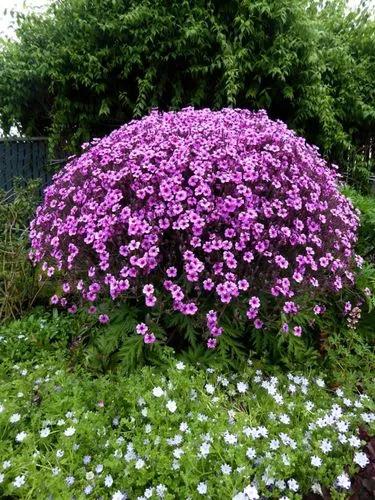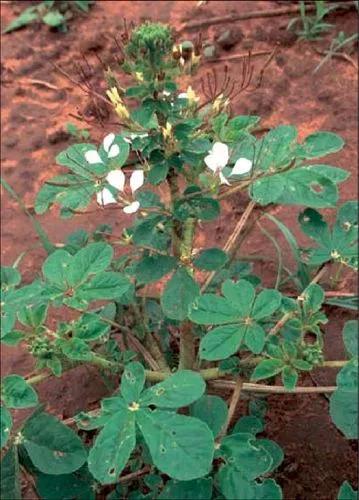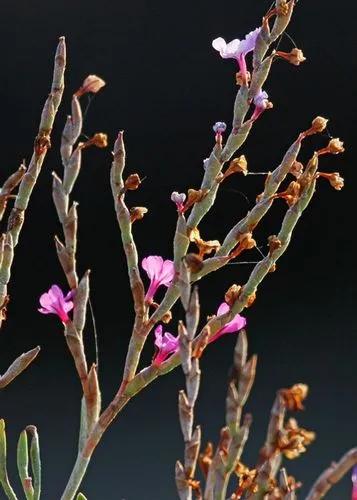Crocus tommasinianus, the woodland crocus, early crocus, or Tommasini's crocus, often referred to as tommies. They are native to Bulgaria, Hungary, Albania, and the former Yugoslavia. Genus name comes from krokos the ancient Greek name for saffron.
Early crocus Care
Crocus tommasinianus



Crocus tommasinianus is native to hillsides and woodland areas from southern Hungary into the northern Balkans. It is commonly called snow crocus because it is one of the earliest of the crocuses to bloom. Pale lavender to reddish-purple, long-tubed, goblet-shaped flowers with white throats bloom in late winter to early spring (March in St. Louis) on plants rising to 4" tall. Bloom typically occurs before the bloom of the Dutch hybrid crocuses. Each plant has 3-5 basal, narrow, linear leaves at the time of bloom. Flowers close at night and open up in the morning, but usually remain closed on rainy/cloudy days.
How to Care for the Plant

Water

They like to be watered regularly in the spring and fall. If there is no snow cover, the bulbs will also need water throughout the winter. However, they go dormant in the summer and prefer drier soil during this time.

Fertilizer

Apply a balanced fertilizer in early autumn if your spring is short and the days heat up fast; or, apply fertilizer after bulbs flower in late winter if your spring is long and temperate. The crocuses will have a chance to use the extra nutrients to produce bigger carbohydrate stores.

Sunlight

Plant in full sun to part shade.

Soil

Soft succulents will not survive a hard frost, but if there is a risk of freezing temperatures they can be brought indoors. Inside, average room temperatures from 65°F (18.3°C) to 75°F (23.8°C).

Temperature

The plant can be grown in the areas with the lowest winter temperatures between -40°F and -30°F or -40°C and -34.4°C.

Popularity

532 people already have this plant 88 people have added this plant to their wishlists
Discover more plants with the list below
Popular articles





